In the neighbourhood of Sants in Barcelona, Zumzeig cinema offers a broad and committed programme in a space for reflexion and sharing. They explain this in this interview.
Zumzeig Cinecooperativa is the first cooperative cinema in Catalonia; what made you choose a cooperative model?
We believe it is the most ethical and solidarity-based way of moving the project forward, even more so in the world of cinema, where there are so many private interests at stake. Also, the district of Sants has a long-standing tradition of cooperativism and associative fabric, which we find to be the more logical way of building bridges with the community.
A crowdfunding campaign was launched to turn this into a cooperative, and you managed to double to goal set originally. At what point is the project now in this new stage?
We’ve been organising activities for almost three months now and we’ve calmed down after the initial euphoria and seeing how things unfold; although the audience figures are good, it requires a lot of work to get people to come. The figures are positive, but we would like to see them grow, and they actually are growing.
The starting point for Zumzeig Cinecooperativa is cultural activism, with an approach to cinema as a tool for social transformation. What is your choice?
We choose a different type of cinema, totally outside the commercial parameters, which therefore brings different points of view on the world around us. Our activism focuses on being a window to productions that widen our vision to other realities.
You mention popular cinema for new audiences; what does this translate into?
Our cinema is a small, local one and in this sense we are popular in the sense that we are a cinema for the neighbours. Yet, at the same time, our cinema also attracts people from around the city thanks to the films we screen, which isn’t usual for a small local cinema. So, Zumzeig is a meeting point for cinema-lovers and local neighbours who maybe aren’t cinema-enthusiasts but who also enjoy our programme.
Your programme is based on educating people’s outlook. How is this done?
What we mean is that people watching a film shouldn’t just sit passively watching it and then go home. We want to generate a debate, either through chats with the film directors after screening the films (whom we invite often), or sitting at the bar with others who just watched the film. We also would like to collaborate with schools and high schools to bring cinema closer to the young.
You have the “Friends of the Zumzeig” and collaborating members. What are their roles?
We have to make a distinction between members and friends. The friends of the Zumzeig membership card offers discounts for all the films we screen, whether they are new releases or parallel sessions. We are about to hold an extraordinary assembly with everyone and a representative will be elected to act as a link with the governing body and to make suggestions and express opinions on what we do in the cooperative.
The collaborating members contribute funds as a way to support the cooperative; they hold periodic assemblies where they participate and, generally speaking, the relationship they have with the working members is much more direct.
What is the programme for the next few months?
We can’t say the exact films, but what we can say is that we will continue along the same lines as until now, with different, artistically committed and social cinema. We will further highlight parallel sessions with special screenings of documentary cinema, experimental cinema, cinema discussions and panel discussions. We want to insist on the fact that, more than just a cinema, we strive to be a meeting point.

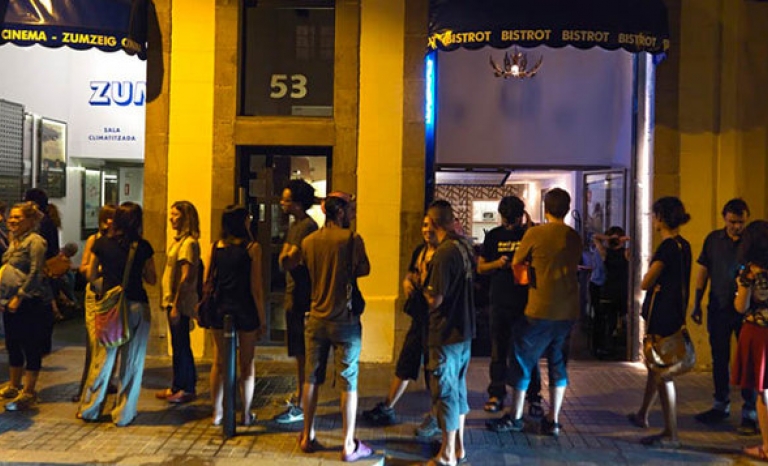
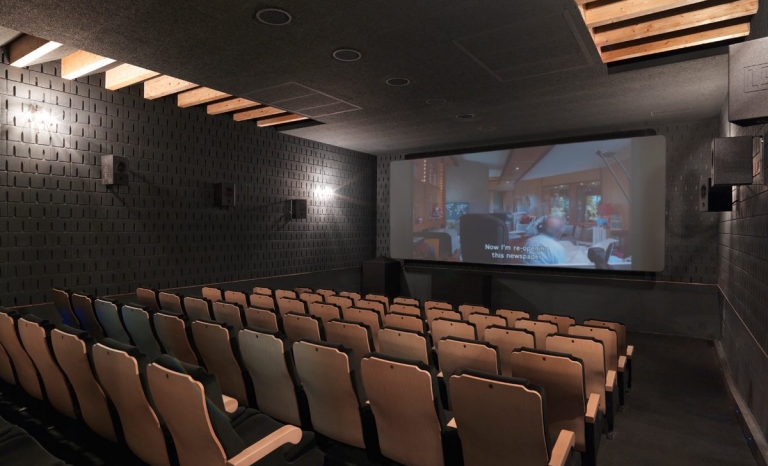
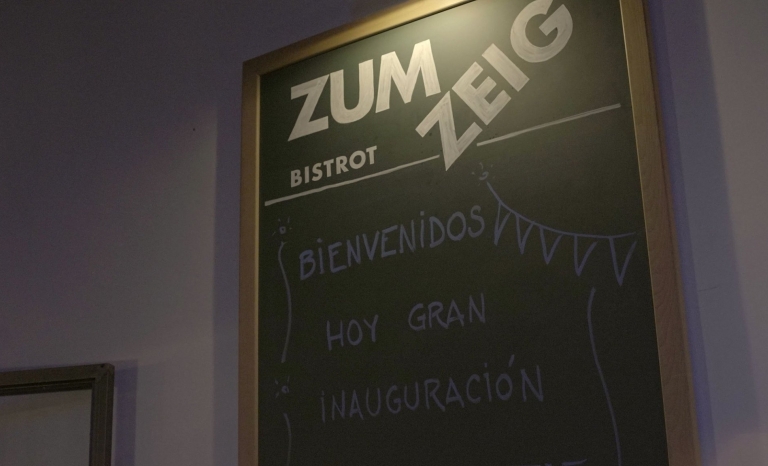
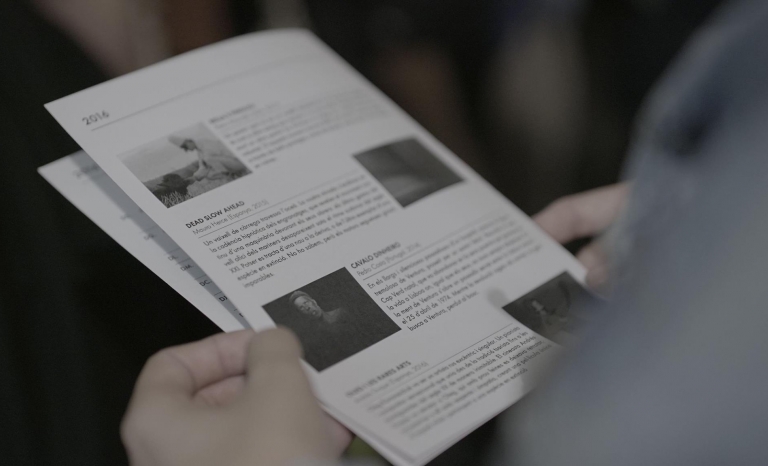
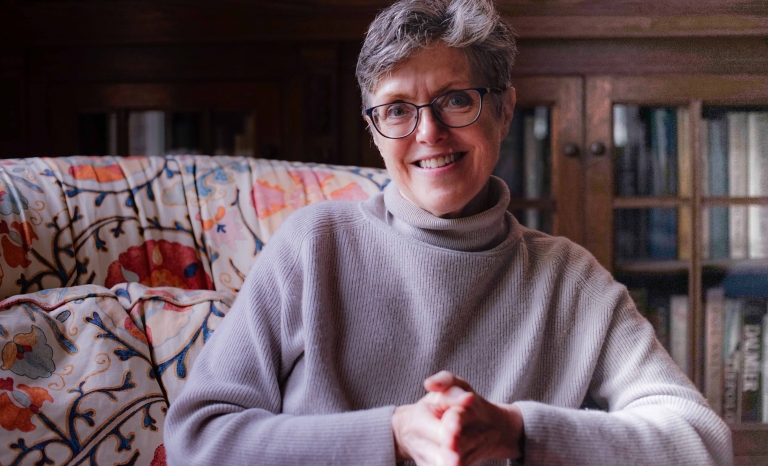

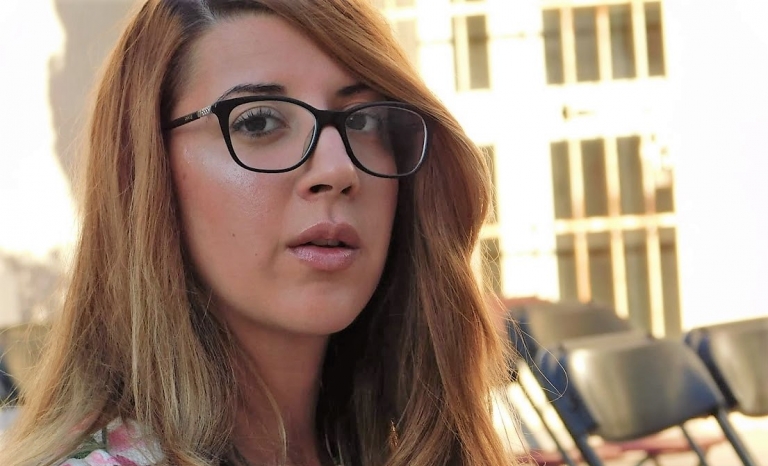
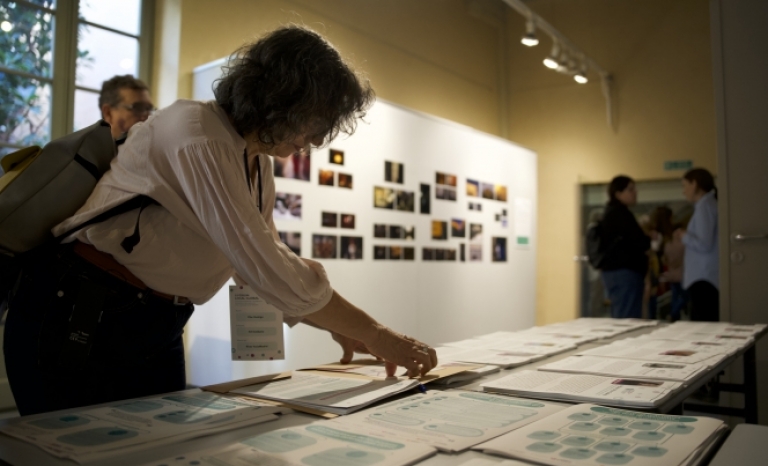



Add new comment